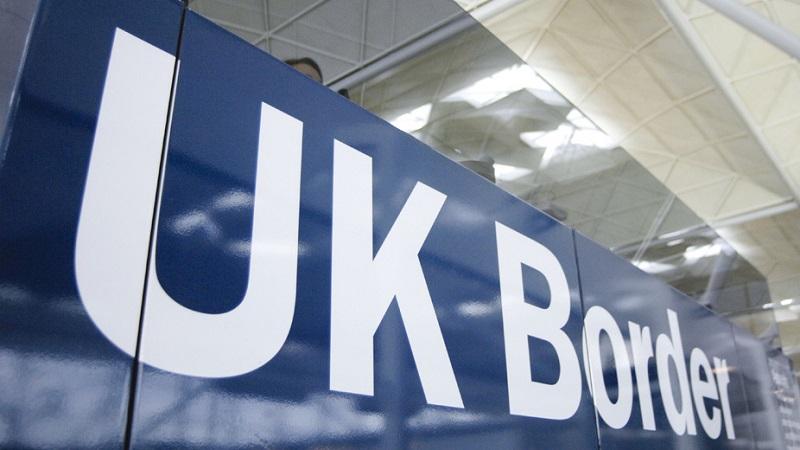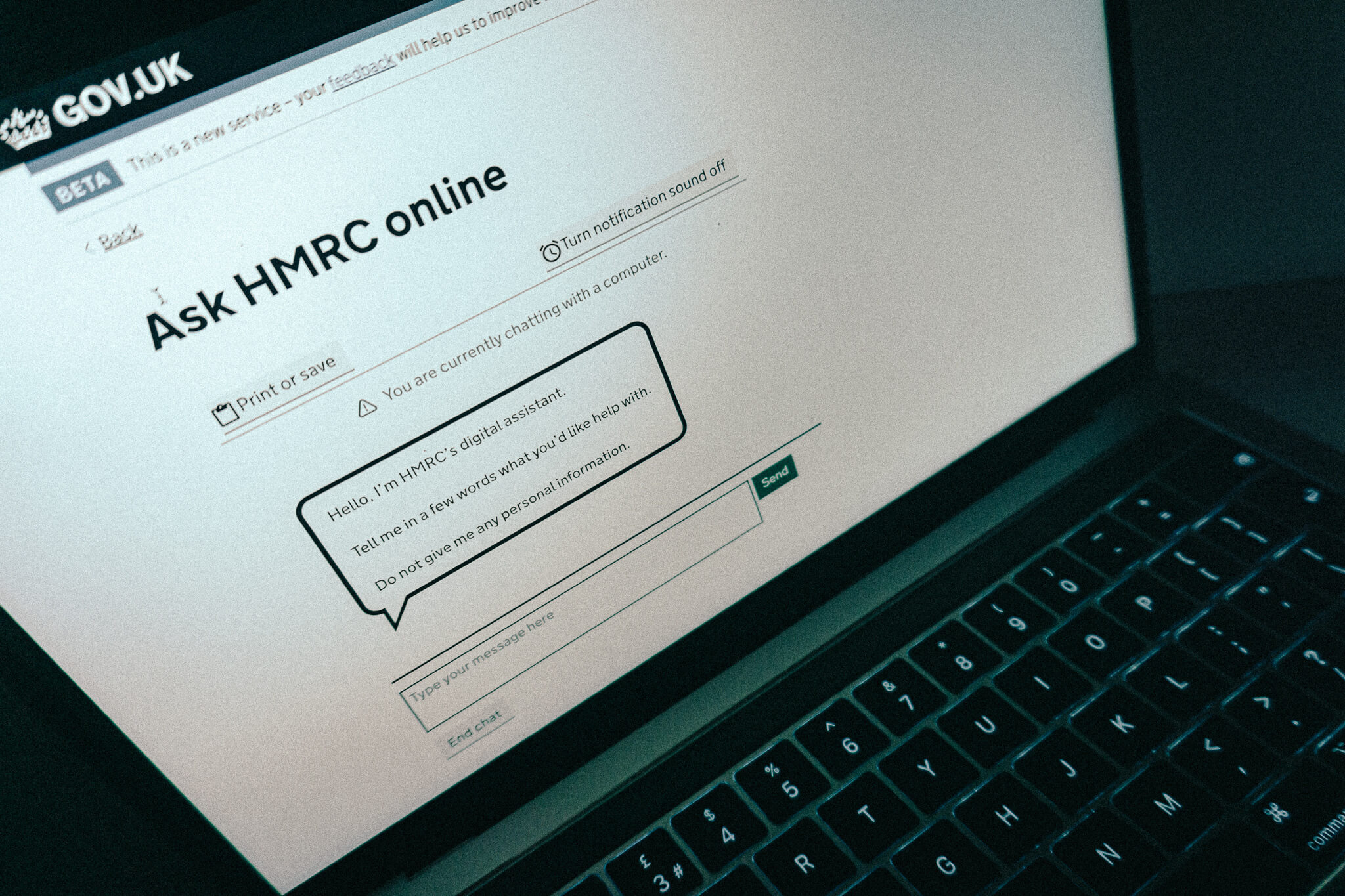Contract represents about a fifth of the budget for Cerberus project
Credit: Crown Copyright/Open Government Licence v3.0
The Home Office has signed a near-£40m deal to support the development of a UK-wide intelligence and analytics system to intended to help border officials tackle organised crime.
The department began work on the Cerberus project in 2019, with the ambition of addressing “a critical gap in the current approach to the use of data at the border, with siloed systems preventing the effective utilisation of available data” and creating “unacceptable border security vulnerabilities”, according to the programme’s most recent internal assessment.
The initiative, which forms part of the Government Major Projects Portfolio, is currently slated to reach completion by the end of the 2023-24 fiscal year, at a projected cost of £198.2m. Newly published procurement information reveals that almost a fifth of this amount has been spent on a contract with the IT services-specialised unit of defence contractor BAE Systems.
The deal, which came into effect on 21 December and lasts for 32 months, is valued at £38m. The engagement covers the “provision of product development and associated services in support of the Cerberus project”.
Once the new platform has been launched, it is intended to close the current gaps in data analytics by providing border officials with a unified nationwide platform which offers “an advanced, highly capable analytics and targeting system”.
Related content
- Home Office retains £1.5m contractors to manually fix data issues with immigration systems
- ‘Unsettling and very stressful’ – Home Office letter warns settled EU citizens of benefit cut-off
- ‘Typical hostile environment treatment’ – Home Office leaves thousands of Turkish nationals waiting more than a year for visa decisions
“Enabling analysis of a wider range of data sets within a single system, intelligence officers and operational teams will be able to analyse passenger and freight data across different transport modes, with more targeted interventions based on a richer assessment of threat and risk,” according to the department’s assessment.
“This will increase threat detections and seizures while reducing nugatory interventions and increasing the flowrate of legitimate traffic. By connecting intelligence and data across modes Cerberus will enable insights into the activity of organised crime groups (OCGS), preventing intelligence failure and reducing the economic and social harm those OCGs cause. In replacing siloed legacy systems, Cerberus will also deliver considerable cashable savings.”
According to the Home Office’s latest estimates, these savings are expected to add up to £106.3m – on top of “non-cashable security benefits” of £65.4m and other efficiencies worth £8.6m.
The department’s assessment pledges that the “the administration of the Cerberus service will include oversight on the appropriate use of data with ongoing monitoring and audit to detect and prevent improper system use”.
“In particular, the use of passenger data will be closely managed, with functional controls to prevent improper access and use of this data, supported by the monitoring and audit regime,” it added. “The project is working to ensure that the use of the data is appropriately even handed and not prejudice to any protected groups, as is the collection of that data.”




